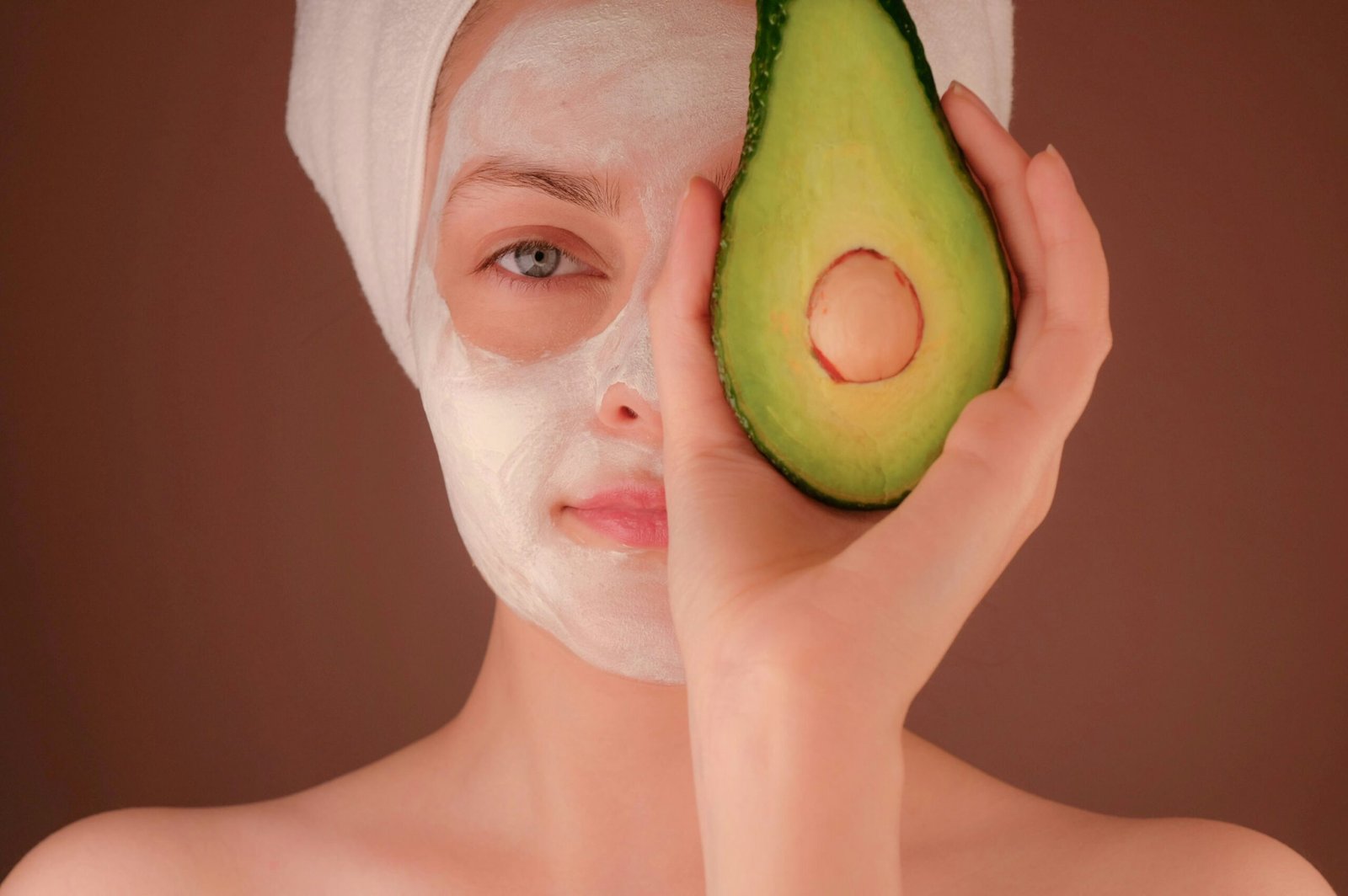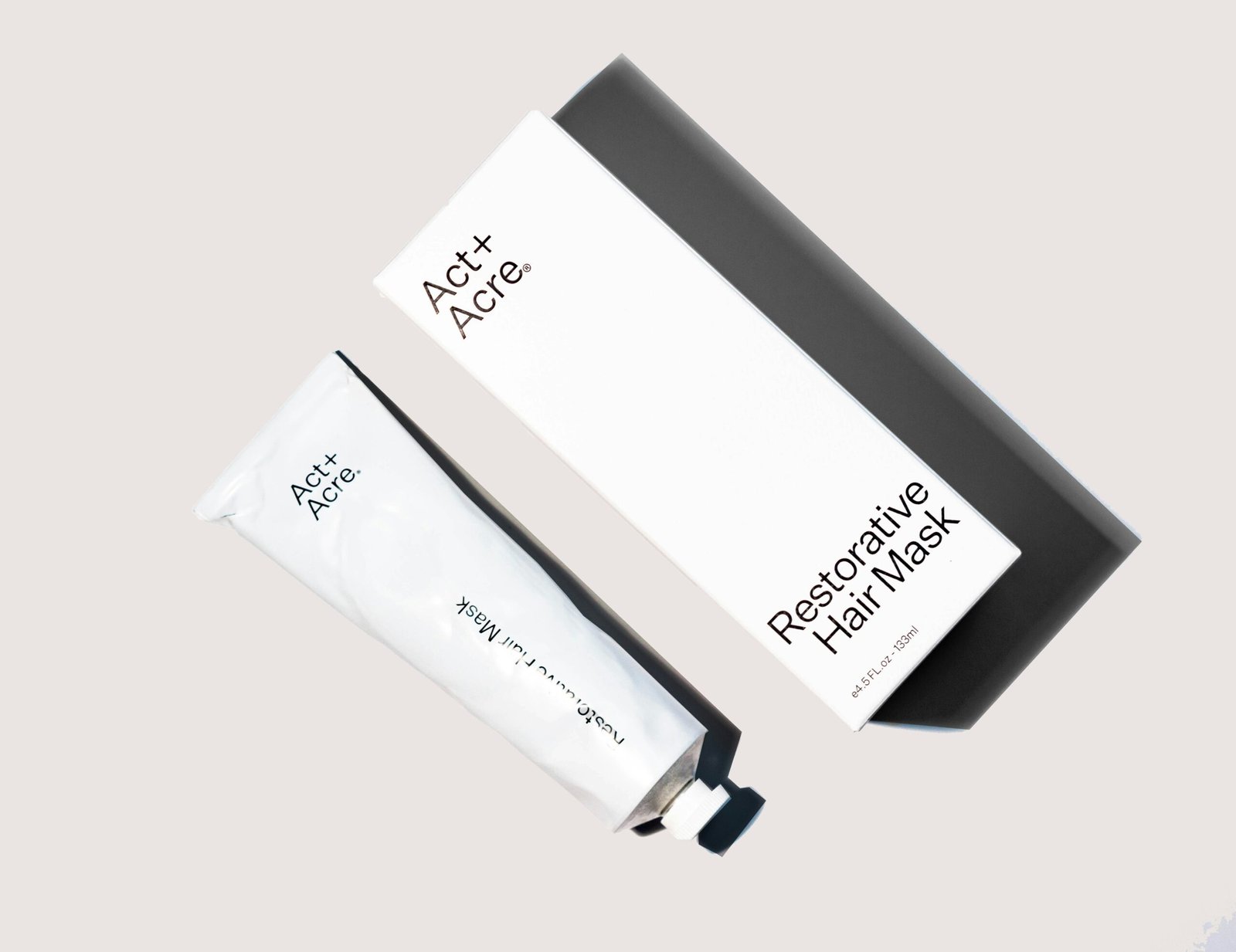Introduction to Common Beauty Myths
In today’s society, the world of beauty and skincare is laden with a myriad of myths that often cloud the factual landscape. These misconceptions can arise from various sources, including social media platforms, celebrity endorsements, and even casual conversation among friends. With the rapid spread of information—and sometimes misinformation—anyone can easily come across dubious claims that can influence their skincare routines and beauty practices.
Among the most prevalent beauty myths is the belief that all natural products are harmless and effective, which can lead to individuals ignoring potential allergies or irritations. Similarly, many people hold onto the idea that using more product equates to better results, which is not only untrue but can also exacerbate skin issues. Such misunderstandings can undermine the integrity of effective beauty routines, making it crucial to address these myths and provide clarity.
The role of digital influencers and celebrities in propagating beauty myths cannot be understated. Often, the advice that resonates through online platforms may lack scientific backing. Users may feel compelled to emulate routines without understanding their unique skin types or the ingredients involved. This highlights the urgent need for accurate information regarding beauty products and practices, as the stakes involve not just aesthetics but also the health of one’s skin.
By focusing on debunking these myths, we can empower individuals to make informed decisions about their beauty and skincare choices. Separating fact from fiction is pivotal in fostering safer, more effective beauty practices, ultimately enhancing the overall well-being of individuals. It is essential to approach skincare with a discerning eye, supported by research and expert recommendations rather than unfounded beliefs.
Myth #1: Expensive Products are Always Better
The notion that higher-priced skincare products automatically offer superior quality is a prevalent myth in the beauty industry. This assumption leads many consumers to believe that spending more guarantees better results. However, numerous studies and expert opinions challenge this idea, suggesting that price does not always correlate with effectiveness. In fact, many affordable skincare products contain high-quality ingredients that can deliver excellent outcomes, making them just as effective, if not more so, than their luxury counterparts.
A key factor in determining the efficacy of a skincare product lies in its ingredient formulation rather than its price point. Affordable brands frequently utilize advanced technology and scientific research to create formulations that rival high-end products. For instance, certain active ingredients, such as hyaluronic acid, retinol, and vitamin C, can be found in various price ranges, offering consumers numerous options without the hefty price tag. Many dermatologists and skincare experts advocate for prioritizing the ingredients over the brand label, encouraging shoppers to read product labels and understand the key components of what they intend to purchase.
Moreover, packaging and marketing heavily influence the perceived value of expensive skincare brands. Luxury products often come with attractive packaging and compelling advertising that can create a sense of exclusivity. However, this does not guarantee that the product itself will be more effective. Instead of falling into the trap of equating high cost with high quality, consumers should investigate the ingredient lists, look for clinical studies backing the product claims, and consider user reviews. By doing so, they may discover that they can achieve their skincare goals without overspending.
Myth #2: Oily Skin Doesn’t Need Moisturizer
It is a widespread belief that individuals with oily skin should avoid using moisturizers, as they assume this will exacerbate their skin’s grease and shine. However, this misconception is far from the truth. Hydration is essential for all skin types, and neglecting to moisturize can lead to a myriad of skin issues, including increased oil production and potential breakouts. The skin’s oiliness often results from a lack of moisture, as the sebaceous glands can overcompensate for hydration deficits by producing more oil.
Choosing the appropriate moisturizer for oily skin is crucial. Lightweight, non-comedogenic formulations are ideal, as they provide necessary hydration without clogging pores. Ingredients such as hyaluronic acid can be particularly beneficial; this powerful humectant draws moisture into the skin without leaving a heavy residue. Oil-free gels and lotions typically offer the right balance, delivering hydration while controlling shine.
Another useful tip for individuals with oily skin is to seek moisturizers that contain ingredients to help regulate oil production. For example, products with salicylic acid not only hydrate but can also minimize the appearance of pores and reduce excess oil. Additionally, incorporating ingredients like niacinamide can strengthen the skin barrier and enhance moisture retention, promoting a smoother and healthier complexion.
In summary, rather than eliminating moisturization, individuals with oily skin should focus on selecting formulations tailored to their skin’s unique needs. Proper hydration is vital for maintaining balanced skin, preventing overproduction of oil, and ensuring overall skin health. Educating oneself about suitable options can empower oily skin types to achieve their healthiest appearance yet.
Myth #3: Natural Products are Always Safe and Effective
The belief that natural skincare products are inherently safe and more effective than their synthetic counterparts is a common misconception. While many individuals opt for natural products under the impression that they are devoid of harmful chemicals, it is essential to recognize that natural does not automatically equate to safe. Certain natural ingredients can cause allergic reactions, irritations, or other adverse effects. For instance, essential oils derived from plants, although popular for their pleasing scents and purported benefits, can be highly concentrated and may lead to skin sensitivities or interactions with other skincare ingredients.
In addition to potential skin irritations, the efficacy of natural products compared to synthetic options can be disputed. While some natural ingredients, such as aloe vera or shea butter, have well-documented benefits, other ingredients may not provide the desired results at the same levels. Synthetic products often undergo rigorous evaluation and testing, which can facilitate the derivation of more effective formulas. For instance, some synthetic moisturizers contain humectants that are specifically designed to enhance skin hydration, outperforming natural alternatives in specific scenarios.
It is vital for consumers to approach skincare with an informed perspective. Understanding the ingredients listed on product labels is crucial, regardless of whether they are natural or synthetic. Conducting thorough research on these components can empower individuals to make sound decisions aligned with their skin types and concerns. By prioritizing informed choices over assumptions, consumers can sidestep potential risks associated with both natural and synthetic skincare products. The key lies in evaluating the specific formulation and its suitability for one’s unique skin needs rather than relying solely on the aesthetic appeal of being ‘natural.’



0 Comments